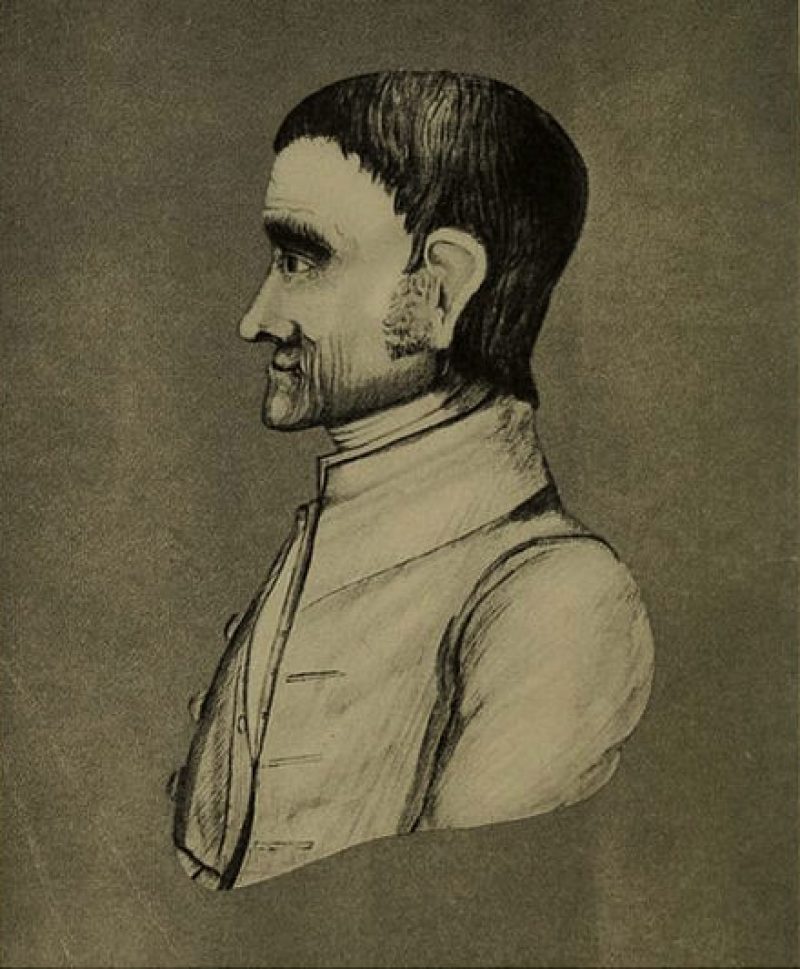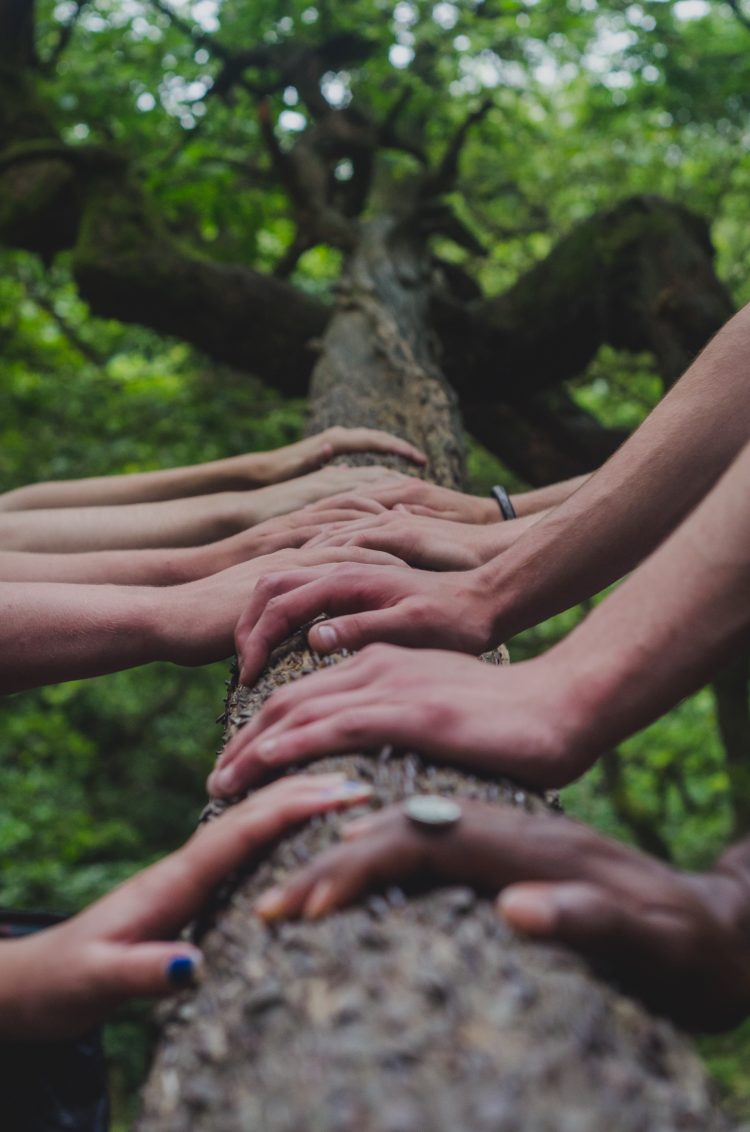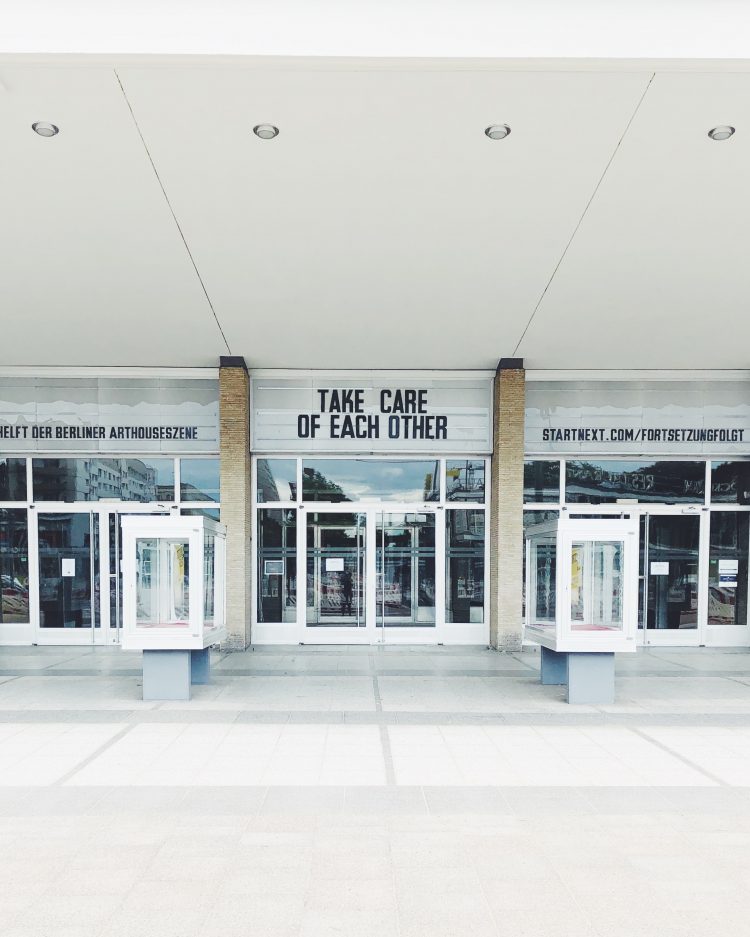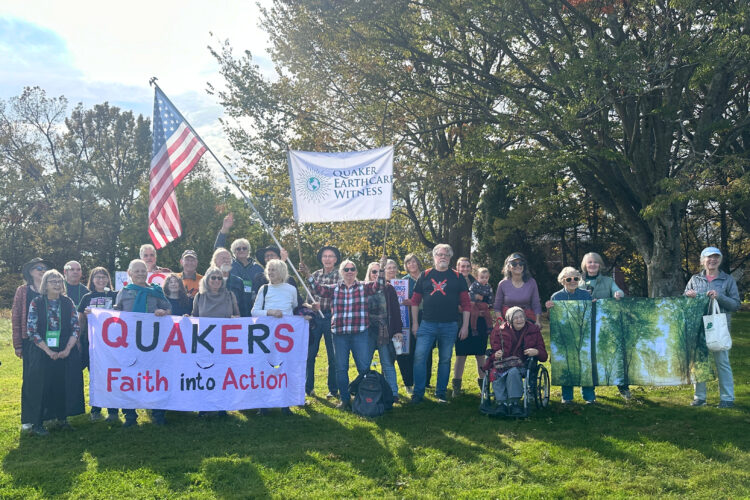Living in Right Relationship

EIGHTEENTH CENTURY QUAKER John Woolman called for living in the “right relationship” as he witnessed to his generation against the evils of slavery, oppression, and materialism- which he warned were causing injury to future generations. We discern a similar dynamic of greed and thoughtlessness in today’s global environmental crisis.
In speaking to non-Quakers, Friends may choose the more secular term “sustainable living ” as conveying roughly the same idea as “right relationship.” Indeed, many of the world’s social and ecological problems stem from practices that are manifestly unsustainable-misuse of nonrenewable resources, treatment of soil, air, and water as commodities to be sold to the highest bidder, the general disregard for the needs and rights of future generations. We are all complicit and therefore accountable for the damage being done in our name.
But “living in right relationship” goes a step further in suggesting why so many humans today seem unwilling and unable to change their ways, even when they are aware of the size and effects of their ecological footprints, in terms of housing, transportation, diet, and family size. For example, a man who makes a comfortable living once commented to a co-worker that he and his wife decided to have a third, and then a fourth, child not only because they enjoyed raising children but because they could afford them. The co-worker resisted the temptation to ask, “Yes, but can the planet afford them?” (The same point could be raised about someone’s “personal” decision to buy a grander house, a larger car, or costly foods at whatever level their income can sustain.)

The assumption that humans have a “right” to as much of a common resource as we can use, is what Wendell Berry called “a kind of moral simplicity,” based on our ability to ignore the claims of others and of posterity.
TRUE SUSTAINABILITY means transcending a narrow calculation of self-interest and weighing the effect of our actions on a larger scale, seeking the right relationship to the wider community and ultimately the Earth community. In the right relationship, there is less conflict between individual and community because we are more aware of our common values and common destiny. There will always be differences in lifestyles and levels of consumption. (Contrast, for example, the material needs of a family with young children to those of a single retired person.) But Friends can commit ourselves as a community to find ways for everyone in the wider community to be fed, clothed, and housed, and to be generally fulfilled, and for all the children to be loved (including those of the future and of other species), without debasing and crippling God’s glorious creation in the process.
The human community and the natural world will go into the future as a single, sacred community or we will both perish in the desert. – Thomas Berry


